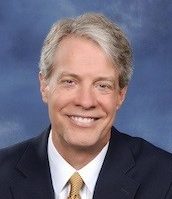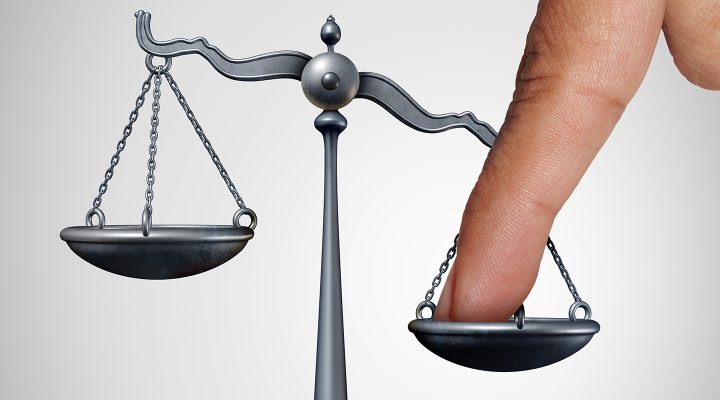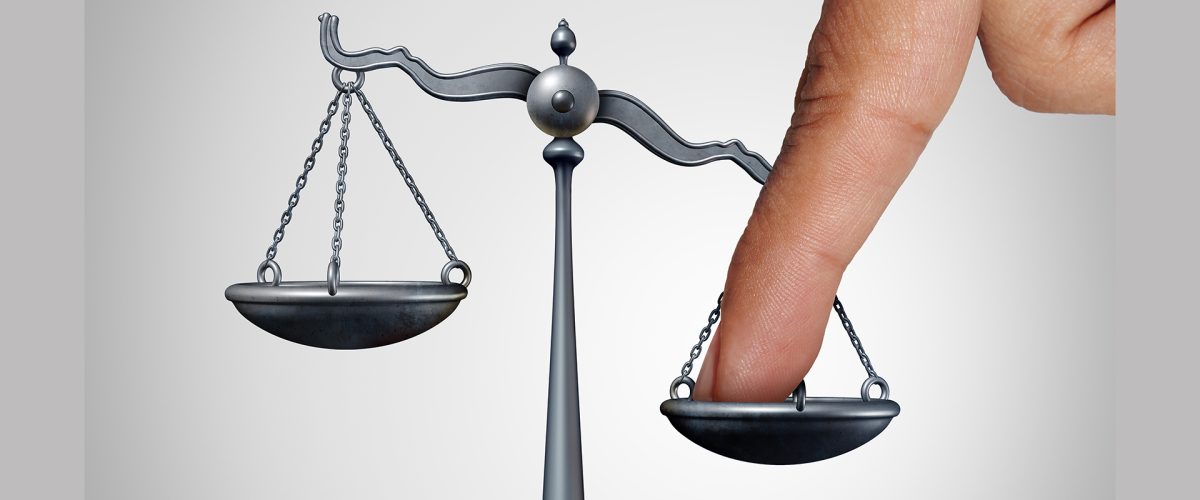Two stories. Two young men. One white. One black.
It was a number of years ago now. I was a pastor in the suburbs of Washington, in a multiethnic congregation of people from the very poor to the quite wealthy.
The first story began with a call I received from the wife of a 35-year-old father and husband, a rising and seemingly successful stock broker in our church.

David Jordan
“Sam has been arrested,” she said. Embarrassed, heartbroken and desperate, she wondered if I could go to him. Sam was charged with fraud and cocaine possession. He had confessed and was pleading for rehab and mercy. He had two young girls in school; he had been their soccer and softball coach; he still had so much to live for and so much yet to do. He also had a good lawyer.
I visited Sam — as his pastor, his advocate and his friend. He sat on a nice bed with a colorful quilt while pastel paint tones and comfortable furniture offered a calming ambiance to his room in the rehab center. It was expensive, he said, but necessary for his full recovery.
We prayed together and were very hopeful all would work out for the best. He was getting the help he needed, the judge appeared to be open to leniency, and this lovely facility gave every indication he would get his life back and could start over with a second chance.
I got another call not long after that one.
“Leo is in prison. He would like to see you.” Leo was 15, had a big smile, a sweet spirit and a very hard life. He never knew his father; his mother had serious learning disabilities, and the grandmother he lived with openly spoke of the money she got from a couple of sources to raise him as her only income. She never hid her ambivalent feelings about Leo’s presence in her life. Nevertheless, Leo remained resilient, caring and positive.
I went to the prison where he was being held. In stark contrast to the fine rehab facility of the previous story, I had to sit on one side of thick plexiglass with a phone on my side and a phone on his side. Leo was ushered in from the jail cell where he was being kept.
Wearing an orange jumpsuit and hands chained together in front of him, he shuffled sadly across the dreary gray space that led to the barrier between us. His expression was filled with shame. He slumped with resignation in the cheap plastic chair on the other side of the window.
“Not much has changed in the years since I was the pastor to those two young men.”
He had been a passenger in a car a friend had taken for a joy ride. He didn’t realize the vehicle was stolen. “Dave, I thought he bought it with the money he had been making for working at Wendy’s. That’s what he told me, and I believed him.”
Two stories. Two young men. One convicted of fraud and cocaine possession. The other a passenger in a car he didn’t realize was stolen. The first was given a gentle slap on the wrist. The other, harsh treatment in difficult conditions for any age, but Leo was 15. He also African American and at the mercy of a system he didn’t understand and in which he had no advocates. Sam was white and well-connected.
I never had heard of the term “white privilege.” But I confess now to understanding stories like these to be the sad reality in our society. Not much has changed in the years since I was the pastor to those two young men. News almost weekly seems to reinforce this continuing saga of inequity.
So what can we do? I offer three possible responses.
First, Follow Jesus’ imperative: “In all things, do unto others as you would have them do unto you.” Consider how it feels to be an African American male who lives daily with prejudiced assumptions and unfair responses. Jesus’ teaching demands a level of empathy that takes seriously the hurt, alienation and resulting anger of young men like Leo.
Second, acknowledge the reality of “white privilege.” Let us confess that our society too long has perpetuated economic, judicial and social privileges for individuals like Sam while denying just treatment for individuals like Leo.
Finally, acknowledge the inequities in the justice system. Important books like Michelle Alexander’s The New Jim Crow reveal the troubling facts of our unjust treatment of young African American males like Leo. Read carefully and come to terms with what needs to be changed for young men like him to receive fair treatment. As Cornell West says, quoted in Alexander’s book, “For too long, there has been no mass fight back against the multileveled assault on poor and vulnerable people.”
It is hard to recognize that many of us have benefited from a society unfairly tilted. And with a more just system, it just might mean the white member of my congregation convicted of fraud and cocaine possession might actually receive less mercy.
But better, I hope it will mean young men like Leo in my congregation might have the possibility to be viewed fairly, be offered better options and be given positive second chances. It is time to do what we must to make right the injustices that stifle hope and stunt positive opportunities for the Leos of the world.
Two stories. Two young men. Two separate and unequal systems still at work and representing a sad reality that must be recognized by this middle class white preacher.
Let us heed the call of the prophet Micah and the imperative of Jesus to do unto others as we would have them do unto us, as we work for justice, in kindness and with a contrite heart, walking humbly with God.
This column was originally published by BNG Aug. 1, 2016, and is republished here with minor updates.
David Jordan serves as senior pastor at First Baptist Church of Decatur, Ga.


